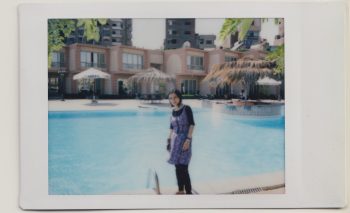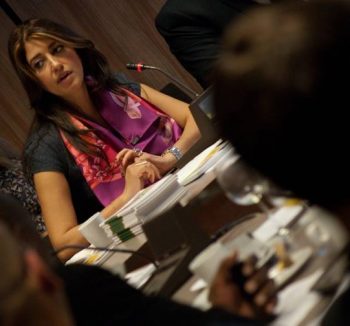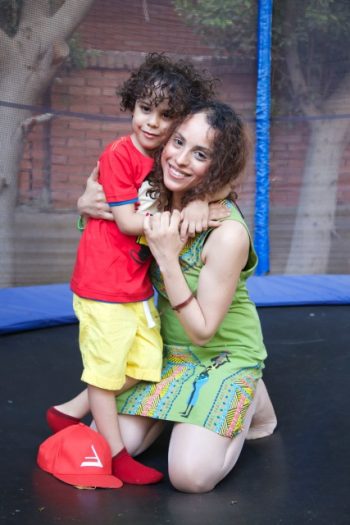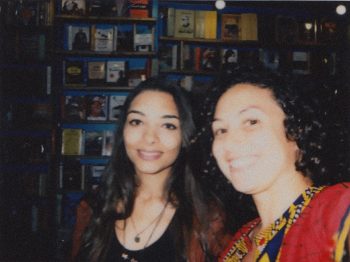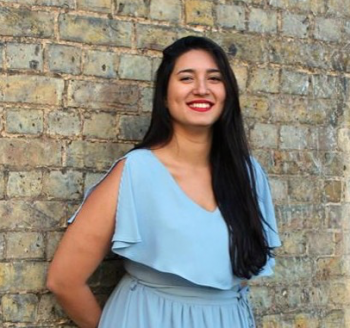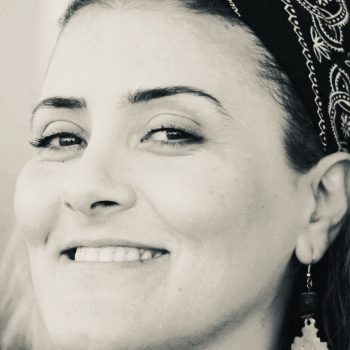Malak Ahmad

Malak Ahmad is an intersectional feminist in her mid-thirties living in Cairo. She studied political science and participated in establishing a feminist group, in addition to her work in other feminist and human rights organizations in Egypt.
Malak became involved in the public space after she graduated from university in 2005 and when she worked in a human rights organization. She describes this experience as the beginning of her accumulation of knowledge in this field. She has worked on several research topics, and also as a translator into Arabic. However, what Malak has chosen to disclose about her identity is being diagnosed with bipolar disorder. According to her, mental illness is mostly ignored and most of the time, its patients are stigmatized.
“My problem with the illness is outside the mental health hospital, not inside it. It’s how people outside the hospital treat me that is difficult to deal with. The hospital was mostly a pleasant place for me, but maybe that’s because I could financially afford to check myself into a hospital with an aware staff, and which was very comfortable.”
People not really understanding the extent of Malak’s illness did not help her in her career. She says that she used to work in a space where she was stigmatized with being “unproductive” and being a load on the workforce because of being repeatedly admitted to the hospital.
“The experience of the workspace and how it handles [mental] illness is not the easiest thing. Once, a colleague told me: “We don’t only have to put up with the month you spend in the hospital, but we put up with another two months where you’re completely inattentive.” They didn’t understand that this illness has a long cycle. All they see is that I am either attentive or not. It is more than this, my disease; it requires care and it requires gradual mental stimulation, moving from easier tasks to more difficult ones.”
When she worked at other places, Malak felt more able to express herself and the nature of her illness and its demands, which offered her better working conditions and helped her feel unjudged when she worked there.
* Malak Ahmed is an alias chosen by the interviewee to remain anonymous.
